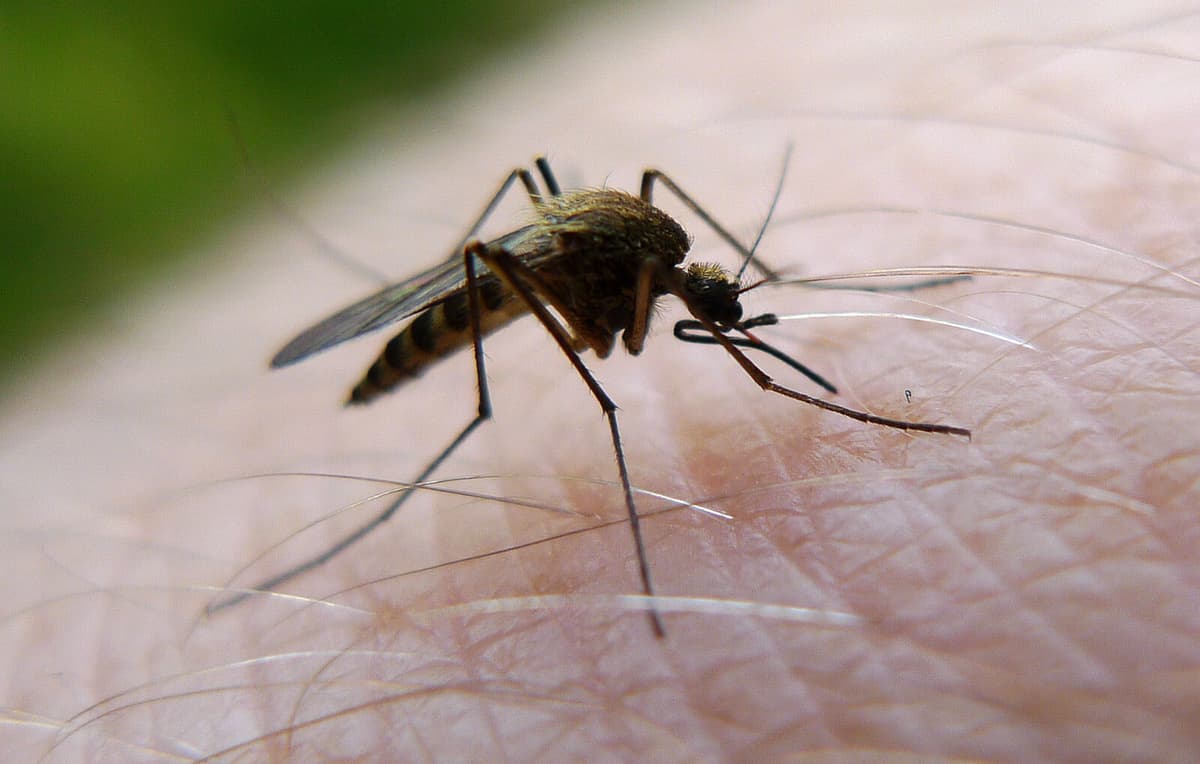A snow-poor winter and a dry spring have given us relatively dry forests, and thus fewer mosquitoes in the summer.
There has not been much of a mosquito problem anywhere at all this year, as I have understood. But if there are large amounts of rainfall now, it can become a similar situation as in 2023, when there were many mosquitoes late, says Tobias Lilja, researcher at SVA.
Hatch in puddles
The most common mosquito species in Sweden are of the type that hatch in water puddles in the forest and soil. And with the enormous amounts of water expected when the storm "Karl-Heinz" moves over Sweden this week - with rainfall of over 100 millimeters in some areas - there is a risk that the mosquito plague will follow.
Such an effect was seen in 2023, when large amounts of rain fell in August during the storm Hans. After that, many mosquitoes were seen in large parts of central Sweden in August and into September, says Tobias Lilja.
It usually takes 10-14 days from when there have been large amounts of rainfall, before you can start to see that there are more mosquitoes in such cases.
Send in mosquitoes
In addition to irritating, biting and making it almost unbearable for people to live and stay outdoors during periods, mosquitoes also pose a risk of introducing new diseases - such as West Nile virus and Usutu virus.
These have become increasingly common in Europe and have also spread north, which is why SVA, before the summer, urged the public to send in their mosquitoes. The hope is that the authority will be better able to map their distribution, says Tobias Lilja.
It is so that we in the future can have better control over how different mosquito species react to weather events. We have received a lot of contributions, even though it has been a mosquito-poor summer.
Advertisement
In Sweden, there are approximately 50 species of mosquitoes that suck blood from vertebrates. 44 of these primarily take blood from mammals, including us humans.
Mosquitoes eat, among other things, nectar, but the females need blood for the eggs to develop.
When the mosquito sticks down its proboscis, it sprays out saliva to prevent the blood from coagulating. This causes the actual "mosquito bite", which swells, turns red - and itches.
Two groups of mosquitoes that are often mentioned are flood mosquitoes and forest mosquitoes.
Forest mosquitoes lay their eggs in puddles. Flood mosquitoes lay eggs on moist soil, where the eggs can survive for many years waiting for a flood.
Source: Biological mosquito control (mygg.se).






